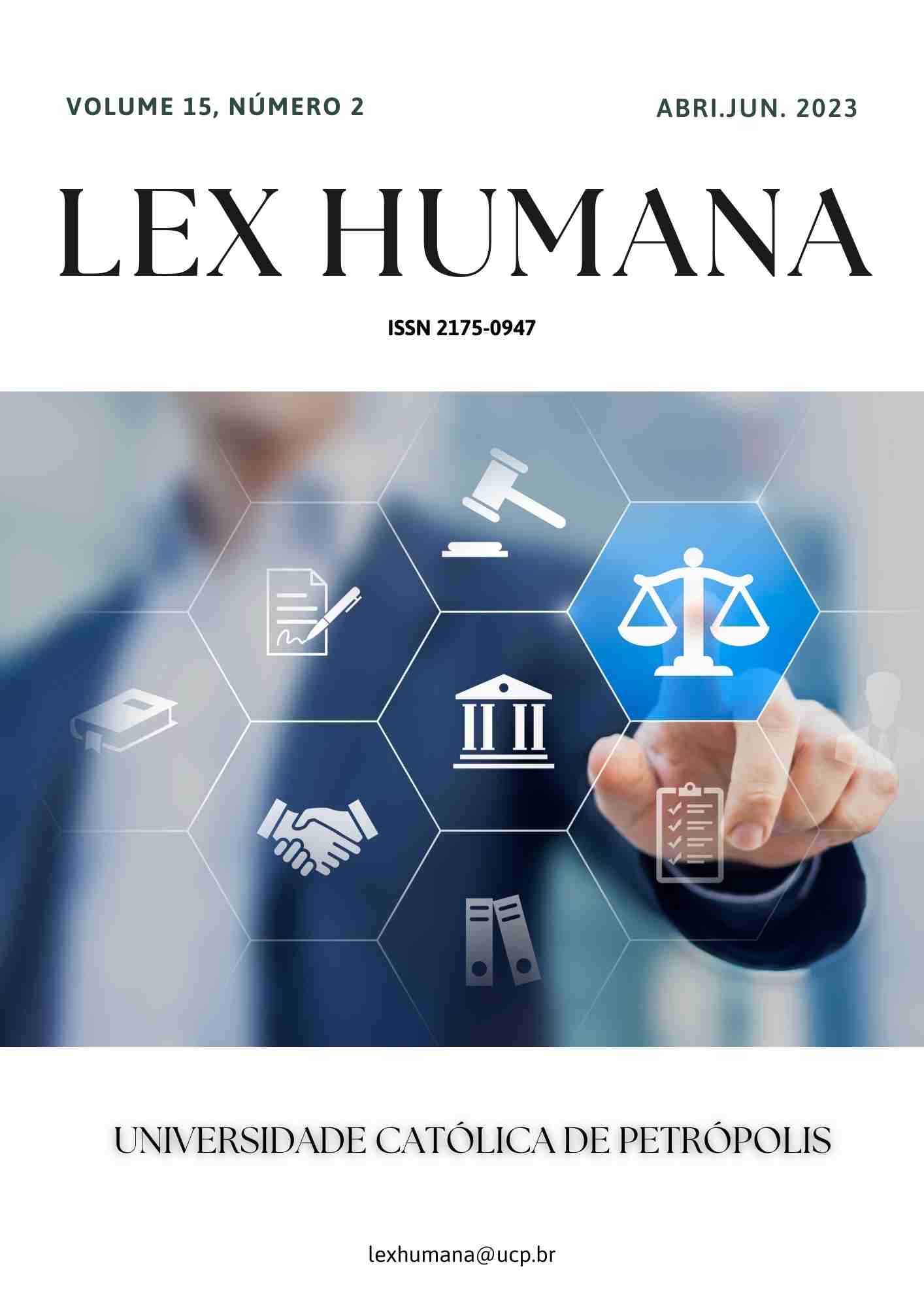Resumo
A regulamentação legal no campo da engenharia genética está se tornando cada vez mais relevante. Portanto, o objetivo do trabalho acadêmico é esclarecer o desenvolvimento dos aspectos éticos e legais na clonagem do corpo humano e determinar as características deste processo e os desafios atuais. Métodos tais como análise, síntese, generalização, explicação e qualificação de dados foram utilizados no processo de redação do trabalho científico. As principais fontes para esclarecer nosso propósito de pesquisa foram a Convenção fundamental sobre Direitos Humanos e Biomedicina a partir de 1997 e as regulamentações internacionais legais e domésticas da questão delineada. O problema da clonagem humana não tem apenas aspectos tecnológicos e morais. Deve ser considerado mais amplamente no contexto do progresso científico, da possibilidade e necessidade de sua regulamentação, incluindo os aspectos legais e éticos de qualquer trabalho de pesquisa. Além disso, trata-se da regulamentação legal da clonagem humana em nível nacional e internacional. Este é o caso quando a influência legal tem uma natureza preventiva e torna possível rastrear o surgimento e desenvolvimento de um novo campo de regulamentação legal.
Referências
Law of Ukraine (2004). About prohibition of reproductive cloning of the person. Verkhovna Rada of Ukraine (2004). On the prohibition of human reproductive cloning: of December 14, 2004 No. 2231-IV https://cis-legislation.com/document.fwx?rgn=16942
Hryshchenko O. (2005). The problem of cloning: social and legal aspect. Justinian.
www.justunian.com.ua
Dixon D. (1999). Human cloning-following the controversial example of Dolly. UNESCO Courier. 8, 26-27
Dovhych N. (2002). Human cloning. Science and Society. 5-6.
Lvivska Gazeta (2005). Ban all forms of cloning. No. 52 (618).
Zaporozhan V. (2002). Bioethics in modern medicine. Bulletin of the National Academy of Sciences of Ukraine. No. 1
Hryn T. (2001). They want to start human cloning with the genome. Day, 59.
The Committee on Law Enforcement is preparing for consideration by the Verkhovna Rada of the draft law on amendments to the Criminal Code of Ukraine regarding human cloning), submitted by People's Deputy V.Oluyk. — www.portal.rada.gov.ua
Verhovna Rada of Ukraine (2004). Draft Law "On reproductive rights and guarantees of their exercise" No. 5105 dated September 6, 2004
Verhovna Rada of Ukraine (2004). Law of Ukraine "On Prohibition of Human Reproductive Cloning" dated December 14, 2004 No. 2231
Korotky T. (2002). Legal aspects of human cloning/ T. Korotky. Bulletin of the National Academy of Sciences of Ukraine. No. 3. 46-52.
Shevchuk O. (2002). Human cloning as a socio-philosophical problem. Bulletin of the National Academy of Sciences of Ukraine. No. 1. 32-41.
Shevchuk EN Philosophical and ethical consequences of human cloning // Social and legal aspects of human cloning. — Odessa: LATSTAR, 2001. — P. 89—124.
Izvestiya (2001). Do you agree to clone yourself? July 28.
Korochkin L. In the Labyrinths of Genetics Novy mir. 1999. No. 4. — P.112.

Este trabalho está licenciado sob uma licença Creative Commons Attribution-NonCommercial-NoDerivatives 4.0 International License.
Copyright (c) 2023 Lex Humana (ISSN 2175-0947)
